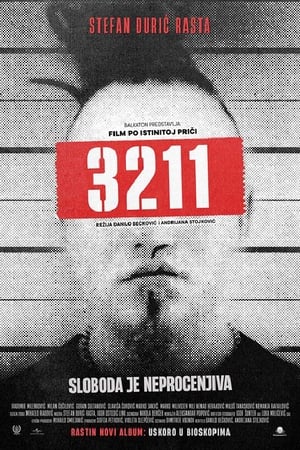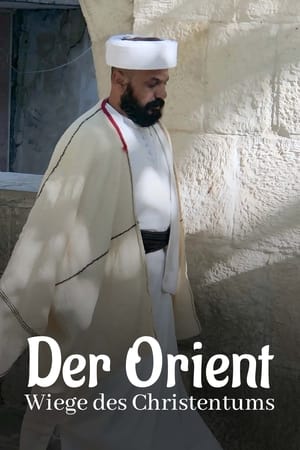
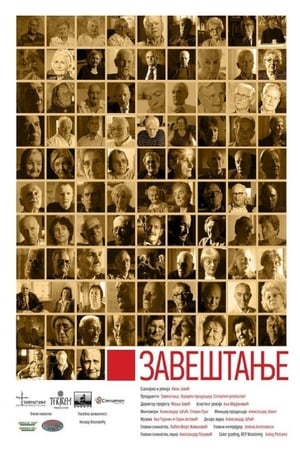
Legacy(2016)
In this film the last living witnesses of the events from Second World War are telling their stories and thus transferring silenced victim’s voices to present times.

Movie: Legacy

Завештање
HomePage
Overview
In this film the last living witnesses of the events from Second World War are telling their stories and thus transferring silenced victim’s voices to present times.
Release Date
2016-11-13
Average
0
Rating:
0.0 startsTagline
Genres
Languages:
SrpskiKeywords
Similar Movies
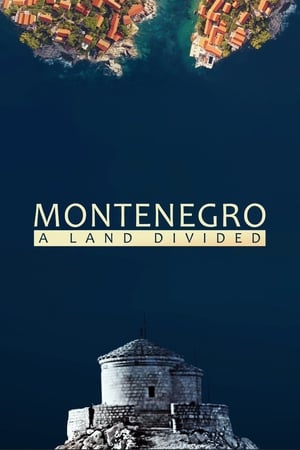 6.0
6.0Montenegro: A Land Divided(sr)
Montenegro is the newest European country with a proud history, one that is being falsified for current political purposes, thus creating an alternative identity. In a nation where it possible for two brothers to claim different ethnic backgrounds despite having the same parents, everything is on the table: language, church, democracy. Can the truth set Montenegro free?
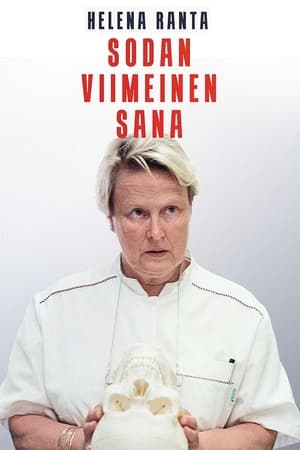 0.0
0.0Fragments of Humanity(fi)
In the Kosovo War, human dignity was shattered by the terrors of the Serbian government and the Albanian liberation army. Truths about the victims’ fates faded away, which is why a Finnish forensic research group led by Helena Ranta got a mission to act as an unbiased agent and investigate the real course of events.
Belgrade: Life or Death(sr)
The film follows a famous model and stylist Maja Atanasijević in her lonely, but intense struggle to bring back forgotten values of a city.
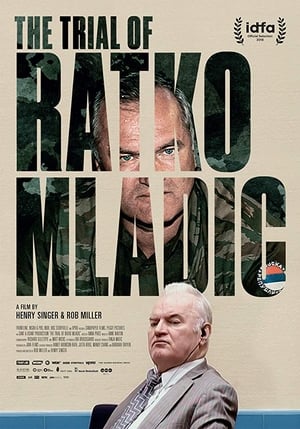 7.2
7.2The Trial of Ratko Mladic(en)
The war crimes trial of Ratko Mladic, accused of masterminding the murder of over 7000 Muslim men and boys in Srebrenica in the 90s Bosnian war, the worst crime in Europe since WW2.
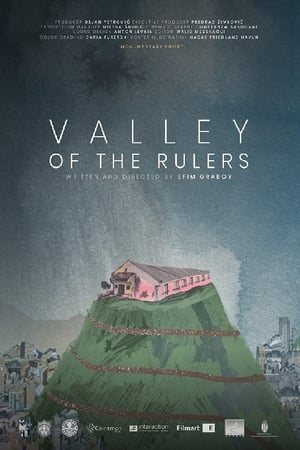 0.0
0.0Valley of the Rulers(he)
A poetic and metaphysical view on a daily life routine in a distant nursing home, on a top of the mountain in Uzice, Serbia – the closest place to heaven. This is the last station on earth for old people that called “clients”. While they’re waiting for the end of their lives, prisoned in a desolate nursing home and their old-dying body, they are fighting for the freedom of their soul, the only place they can feel young and alive. A fight between light and darkness, suffering and acceptance, life and death.
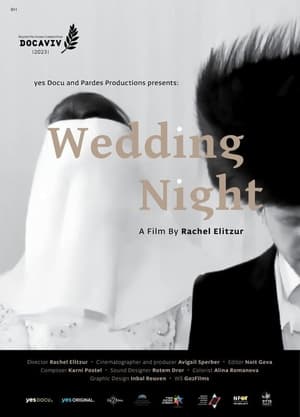 7.7
7.7Wedding Night(he)
A journey into the wedding night, where an ultra-Orthodox Jewish couple gets to know each other for the first time.
The Calvary of Serbia(sh)
Still regarded as the best Serbian documentary film account of WW1 ever, it gathers all the available footage of Serbia's army, its battles on the home ground, its refuge on the island of Corfu, its victorious offensive on the Thessaloniki Front and the return to the homeland. The original documentary footage from 1915–1918 was somewhat supplemented in a small measure with some staged reenactments of Serbian army retreating over Albania, and later liberation of Belgrade. The first version of this documentary epic was shown in 1930 under the title "For the Honour of Homeland". Andrija Glisic and Zarija Djokic later made a new sound version of the previous silent movie and renamed it "Fire Over the Balkans".
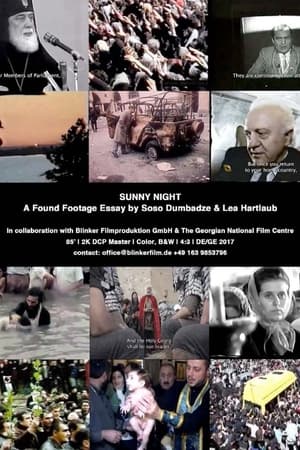 0.0
0.0Sunny Night(ka)
On 25th December 2011 the Georgian Patriarch Ilia II described his 34 year-long leadership as head of the Georgian Orthodox Church as a ‘sunny night’. Beginning in 1989, and going up to the present, the film essay Sunny Night tells of political and social events since Georgian Independence. A variety of formats and sources, disparate images and voices report on protests, recommencements, uproars and wars, and religious identity that centres around the dominant religion of the nation. In the midst of the ongoing shifts and the various state of affairs, the patriarch stands out as the only constant figure. Meanwhile the sermonised religion begins to take on radical forms, going as far as priests forming front row human-chains, leading protests of several thousand orthodox believers chasing a handful of LGBT activist throughout the streets of Tbilisi in May 2013.
Sonja(sr)
This documentary was inspired by the artistic life of Serbian actress Sonja Savić. Being a wonder child, a star of Yugoslavian cinematography, a sex symbol, and urban legend of the eighties generation, a fighter against establishment, Sonja Savić had always attracted attention. Simply put, she always looked, spoke and thought differently from others, she was entirely autonomous, an authentic phenomenon of Serbian culture. In the documentary SONJA, friends and colleagues of Sonja Savić testify on many aspects of her life and work, and a special emphasis is put on Sonja’s libertarian, rebellious, Don Quixote type of nature.
The Nun(ru)
This is a documentary about a renowned precentor and a church composer Irina Denissova who suddenly becomes a nun in the apex of her career. At the same time, this is a film about God's love towards man. It seemed that a tragedy had occurred: a family of two prominent musicians was ruined, and Irina was abandoned by her husband while struggling with a serious disease of her son.
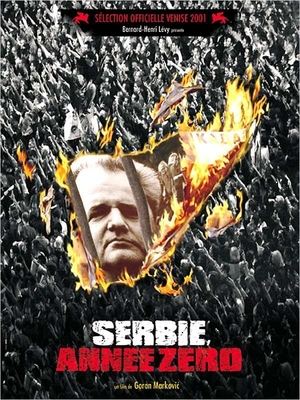 3.5
3.5Serbia, Year Zero(fr)
Documentary that follows events after the fall of Slobodan Milosevic, while looking back on the previous fifteen years, tracing his rise to power. Personal testimony alternates with analysis of a disintegrating society.
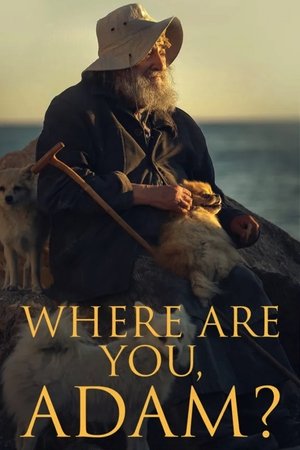 9.0
9.0Where are you, Adam?(el)
The plot of the film unfolds in the ancient monastery of Dokhiar on the west coast of Mount Athos, on the Aegean peninsula. This peninsula is given to the exclusive use of the monks of Eastern Christianity. Images of nature are woven into a virtually uninterrupted series of work and prayer, lining up in the rhythmic interrelation of man and nature. The central figure of the film was the monastery’s elder, Hegumen Gregory, whose long-term experience of spiritual nourishment rewarded him with a deep understanding of the human soul and her desire to return to the state characteristic of Adam’s human nature before the fall.
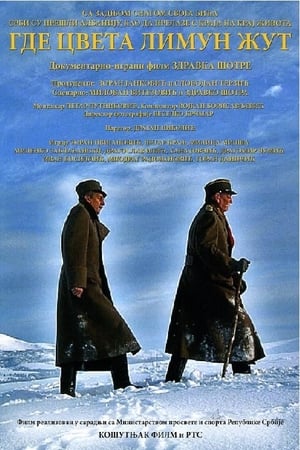 6.0
6.0Where the Yellow Lemon Blooms(sr)
By the end of 1915, during the second half of World War I, which had started by the Austro-Hungarian Empire's attack on a small Kingdom of Serbia, Serbian people, its army, and the state found themselves in the greatest tribulation in its long history. Serbia is attacked by the combined militaries of Austro-Hungarian Empire, Germany, and Bulgaria. Defending every road, every hill, every creek, during the time when every village, every plato, every crossing was becoming a historical landmark, Serbia, relying on the Allies, moved its people, its government, and its remaining troops to Kosovo--the only unoccupied part of the Serbian territory, but soon had to cross Albania in the hopes of reaching the Allies' ships in the Mediteranian.
Mica and Stories Around Her(sr)
Milica Ostojic (aka Mica Trofrtaljka or Mica Davorika), a singer from Milicevci near Cacak (Serbia) by singing the song "Davorike, dajke" became a big star of new underground music in the seventies in former Yugoslavia. Forgotten for years, she returned to the scene in the film "Pretty Village, Pretty Flame", saying the historical sentence: "Shut up mate, erotica".
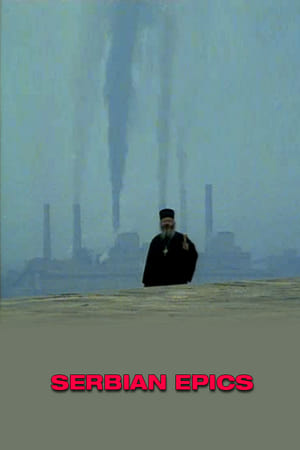 5.5
5.5Serbian Epics(en)
Paul Pawlikowski's award-winning documentary on life behind Serbian lines in Bosnia. The film observes the roots of the extreme nationalism which has torn apart a country and provides a chilling examination of the dangerous power of ancient nationalist myths.
Tarot Serbia!(sr)
Documentary road movie ‘Tarot Serbia’ is following Milan Radonjić, the star of ‘Commercial Tarot’ on his odyssey through rural, provincial parts of Serbia, where he’s invited to be the guest of honor at local TV stations. On his journey Milan will explore and reveal the characters of people living at the very edge of society, the ones who lost their jobs during transition, refugees from Bosnia and Kosovo, war veterans, invalids, sick people, betrayed lovers, girls possessed by demons, lonely pensioners, exorcists and all other people asking him for help and solution to all their problems.
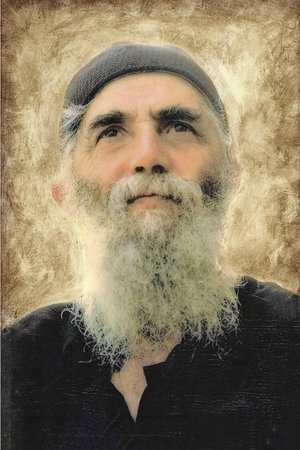 10.0
10.0Saint Paisios the Athonite(el)
The Patriarchate of Moscow and the POKROB Film Studio deliver to global Orthodoxy a documentary with a total duration of five hours on the holy life and work of Saint Paisios of Mount Athos.
Flowers from the Mount of Olives(et)
Right alongside Jerusalem, in a Russian Orthodox Convent in the Mount of Olives, in the middle of the Arab quarter, lives the 82-year-old Estonian nun Mother Ksenya.
